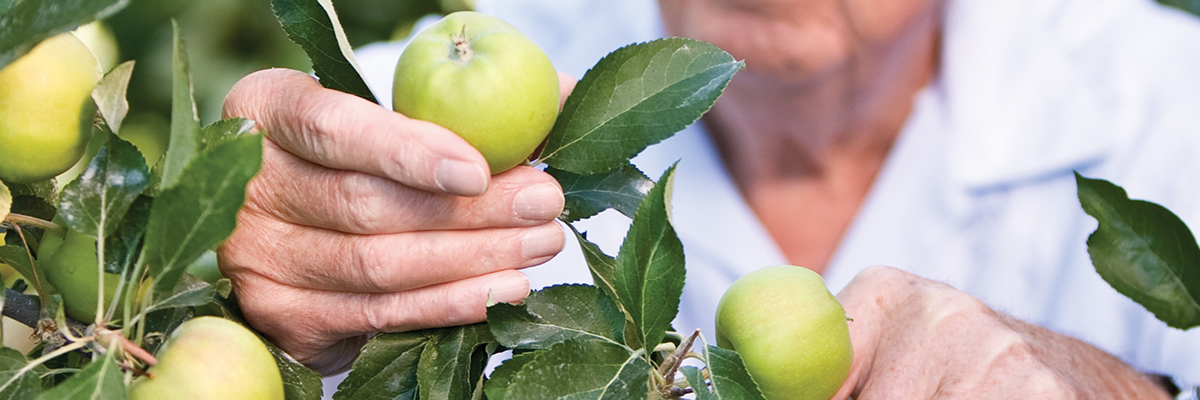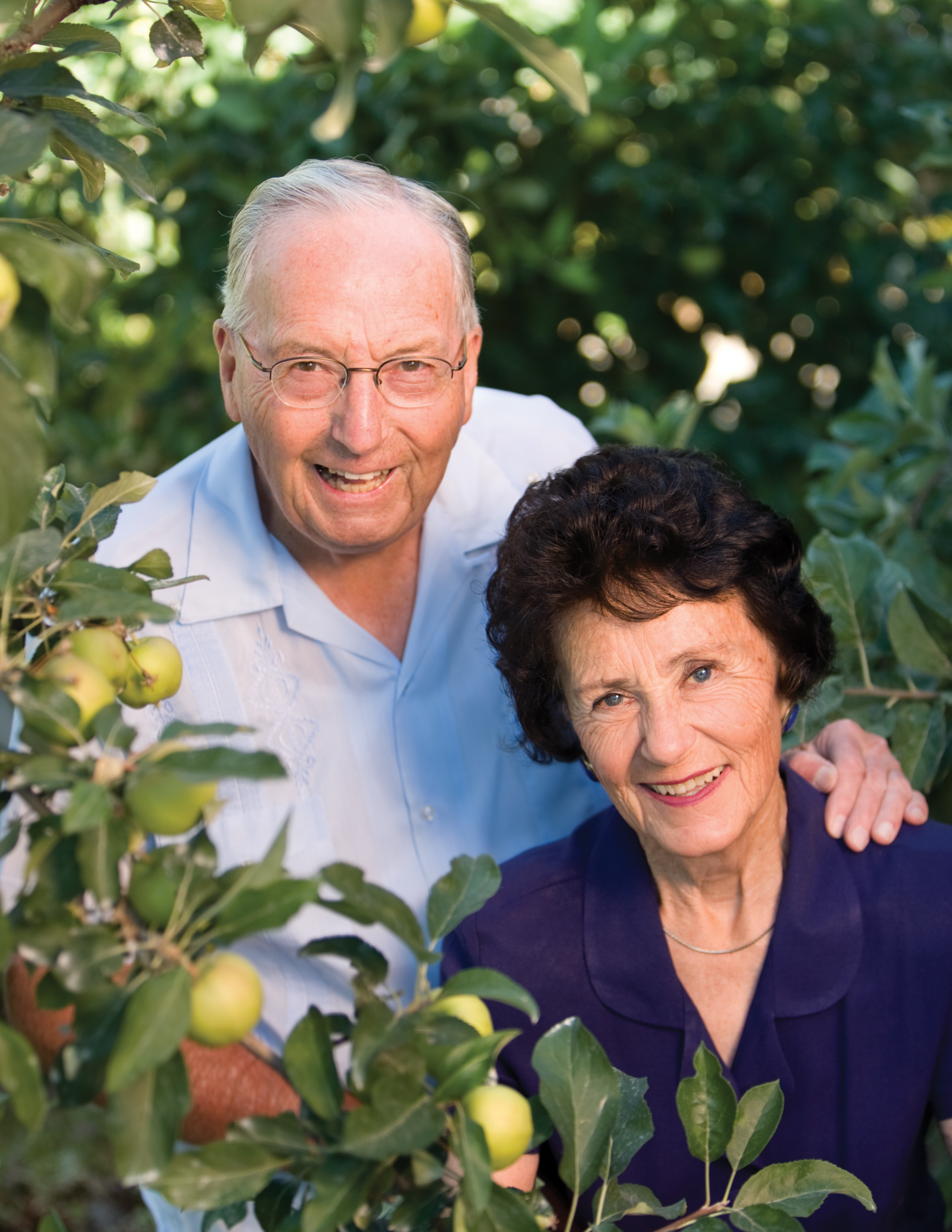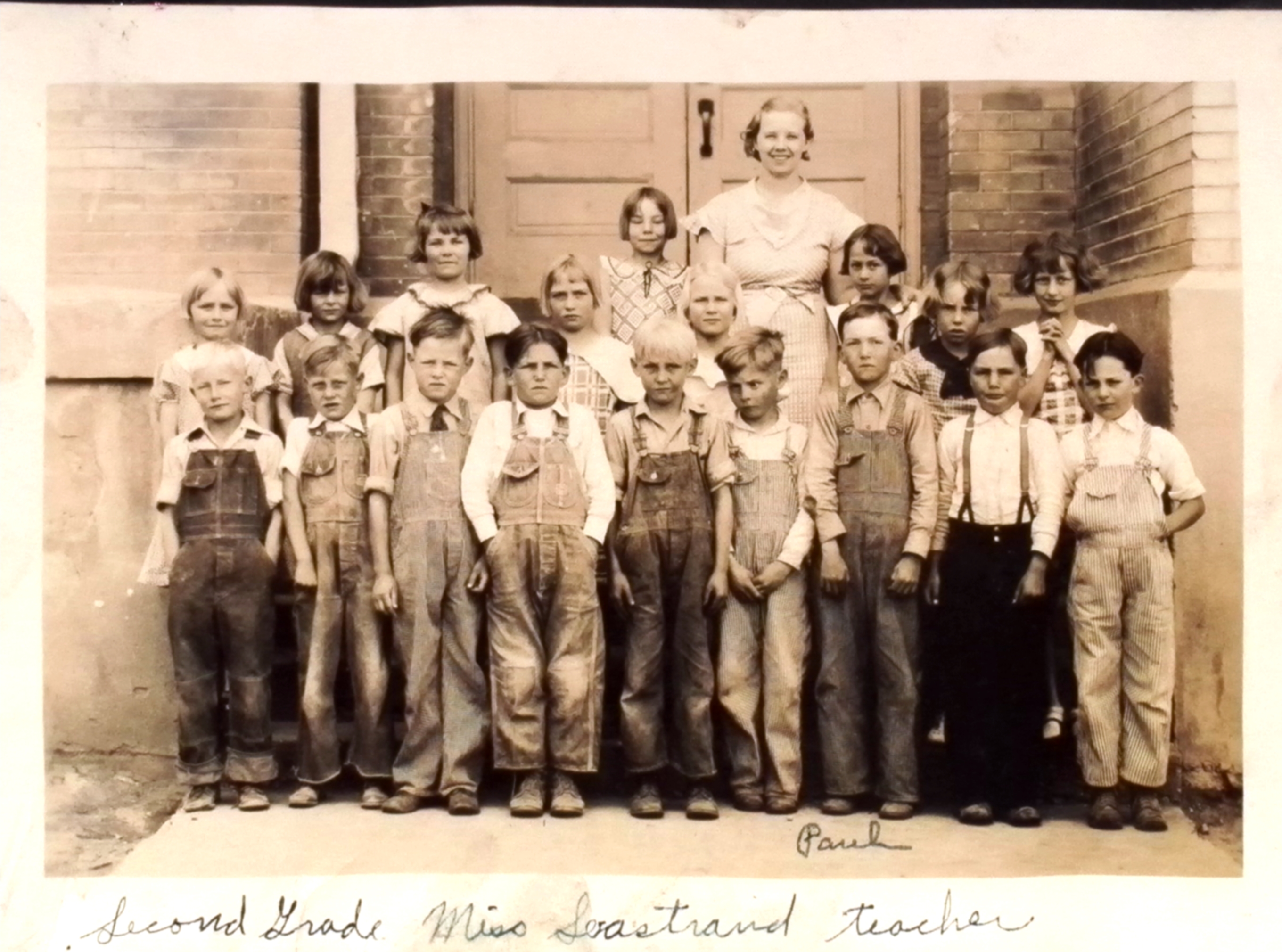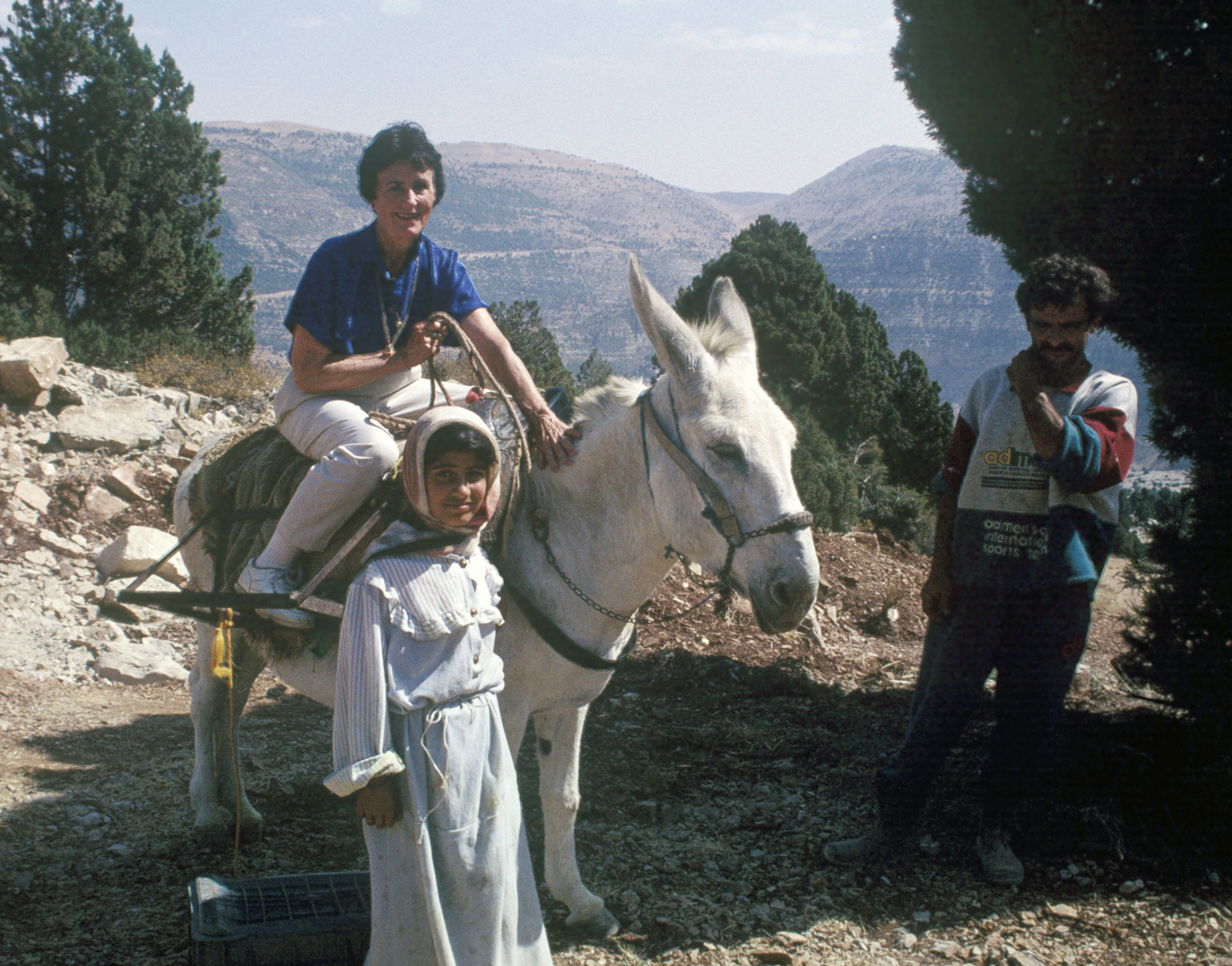Life Out on a Limb
by Dennis Hinkamp

photo by Donna Barry



Paul Larsen was known around the world long before there was a World Wide Web. Because of his visibility as president of The American Society for Horticultural Science and columnist for The American Fruit grower for 25 years, Larsen was sought out by people in Japan, Italy and China for his expertise.
“I was visiting Holland in 1988 and came across an orchard that looked interesting,” Larsen recalls. “I knocked on the owner’s door to ask permission to take a look around. I introduced myself and the owner said, ‘I know you. I read your articles in The American Fruit Grower. You can do anything you want in our orchard.’”
Larsen’s biography and long-time column are both titled “Out on a Limb.” He still has a photo of himself dressed in overalls and posing for a class picture with his fellow second graders in Vineyard, Utah. That was in 1933, which makes him 91 years old now. Years later, a high school teacher helped shape Larsen’s life.
“I had a high school agriculture teacher and FFA leader who took us to Logan for a tour of Utah State University and that is when I decided to go to college and get a degree in dairy science,” he said, but that choice didn’t last long
“I decided it was a lot easier to pick apples in September than it was to milk cows all winter, so I switched majors,” he said. “My junior year I married a beautiful girl named Lorna who really pushed me to spend more time in the library than the pool hall. The first thing we bought when we got engaged was a portable typewriter.”
In addition to raising their four children, Lorna supported his career by putting all his words into print including his thesis, dissertation, hundreds of journal papers, columns and several books. Lorna Anderson Larsen passed away in early 2017.
“I never learned to type,” he said. “I showed up for a typing class once when I was young and there weren’t enough seats for everyone, so they told all the boys to go away since only girls needed to know how to type.”
Though everyone associates him with apples, Larsen’s doctoral research was actually on grapes. He attributes his transition to apple research with working in research and Extension for 30 years divided between Michigan and Washington, two of the largest apple producing states in the country. He also attributes some of his success to luck and timing.
“Theodore Schultz, a Nobel prize-winning economist once told me that during the 50 years following WWII there were more scientific advances in agriculture than in all the millennia since man scratched the earth with a stick,” Larsen said. “I was fortunate to be among those doing research during those 50 years. I was lucky in everything I ever did, I just had great teachers and mentors.”
The fruit industry changed enormously during those years, he said. At the time he graduated from college, apple trees were big and inefficient. Apples had to be harvested using 30- to 40-foot ladders. There were twice as many acres in production growing half as many apples as are produced now.
His relatively brief time away from research was when he accepted the position of vice president for Extension and Continuing Education at USU.
“‘Why did you go into administration?’ people ask, and that’s a good question,” he said. “As it turned out it was a good move. A fella has to move every once in a while to stay fresh.”
Larsen has had an entire second career since retiring from USU more than 25 years ago. He and Lorna did volunteer work to help rebuild the fruit industry in troubled countries such as Armenia, Macedonia, Yugoslavia, and for 12 years they traveled back and forth between their Utah home and Lebanon, staying there 3 to 6 weeks at a time.
“There was a Lebanese family of four brothers who wanted to revive the apple industry, he said. “Lebanon was once the largest producer of apples in the Middle East, but due to wars and economic instability, they had fallen 50 years behind the U.S. So they asked me to help revive their apple industry. We air shipped root stock from Seattle to Beirut totaling nearly one million trees over the years.
“They took good care of us in Lebanon. Some of the growers were probably Hezbollah fighters, but we felt like they respected us because we were there to help.”
It hasn’t been all work in retirement. He and Lorna had a second home in St. George for 20 years and he estimates they spent 300 days at sea on various cruises. He said they enjoyed being retired in Logan except for, well, you know, the winters.

